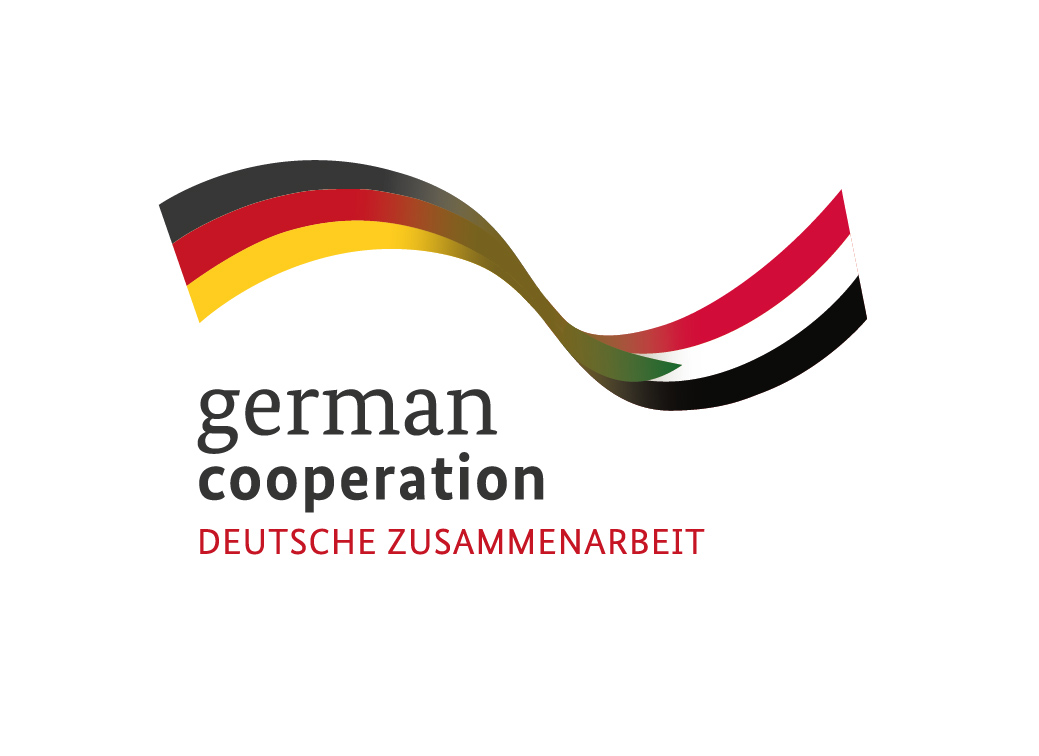 Strengthening domestic accountability for international crimes in Africa
Strengthening domestic accountability for international crimes in AfricaGiven how widespread the commission of international crimes remains as well as the limited number and scope of international courts, ending impunity for atrocities will only be possible if domestic actors assume the brunt of the work of holding perpetrators to account. The domestic prosecution of international crimes is essential for addressing the needs of victims and survivors, and establishing respect for human rights and dignity. In many cases, strengthening national judicial institutions remains the best hope for victims and communities most affected by international crimes to see justice. For a detailed discussion on domestic accountability for international crimes in Sudan, please see the information sheets entitled, “An introduction to International Crimes” and “Domestication of international crimes in Sudan”.
Ensuring fair trials
Effective, credible and sustainable international criminal justice depends on the fair treatment of those brought before the courts. Under international human rights instruments, every person, including those accused of the most serious crimes, has the right to a fair trial by an independent tribunal. This includes the right to equality before the law, the right to be presumed innocent, and the right to legal assistance, with the latter being free of charge in cases where the accused is unable to pay legal costs. Fairness is vital to the credibility and effectiveness of a judicial system. Without it, people and communities will lose trust in the justice system. The grave nature of international crimes renders fair trials all the more important.
Fair trials depend on the existence of competent and impartial courts that are shielded from political pressure and/or interference. These standards are difficult to maintain in contexts of conflict, where judiciaries must manage a large number of cases, often amidst institutional collapse and political interference.
Amnesties
Amnesties for certain international crimes have been eroded in recent decades due to developing national and international practice and legal opinion. Nonetheless, the issuance of partial and conditional amnesties remains commonplace, particularly as a tool in peace negotiations and the resolution of violent political conflict. No international treaty explicitly prohibits the use of amnesties, including the Rome Statute of the International Criminal Court (ICC), though some instruments, such as the Genocide Convention, contain obligations to prosecute perpetrators of genocidal violence. While amnesties can be leveraged to protect perpetrators of international crimes, it is also contended that the discretionary use of amnesties may facilitate peace agreements, encourage a repressive regime to step down, or persuade combatants to disarm. Moreover, it is suggested that following bouts of large-scale armed violence, it is not possible for all atrocities and all perpetrators to be addressed or adjudicated; some actors may thus benefit from de facto, as opposed to de jure, amnesties.
In response to atrocities committed during periods of violent conflict or repression, it is typically hoped that states will effectively investigate any atrocities committed, prosecute those responsible and provide remedies to the victims, while also taking effective measures to ensure these crimes will not be repeated in the future. In the immediate aftermath of conflict or repressive rule, it may prove impossible for a state to fulfil this list of duties simultaneously or in a timely manner. This is because these obligations require a transitional government to pursue accountability while also promoting peacebuilding and reconciliation, as well as re-establishing functioning institutions that can address the underlying causes of conflict and effectively prevent future abuses. The latter measures are vital for conflict recovery and prevention, but the steps needed to end violence and promote peace may also undermine or delay accountability.
Amnesties are not alien to the African context. For example, the 1999 Lomé Peace Agreement between warring parties in Sierra Leone included an amnesty provision for rebel combatants and Foday Sankoh, the leader of the Revolutionary United Front, for any atrocities committed up to the signing of the Agreement. Following a bout of violence after the Agreement was signed, Sankoh was arrested and subsequently surrendered to the Special Court for Sierra Leone (SCSL), a UN-backed hybrid tribunal set up in Freetown. He was charged with seventeen counts of war crimes but died awaiting trial in 2003. The vast majority of rebel forces operating in Sierra Leone have never been prosecuted for their atrocities. Separately, the SCSL judges decided that, while there is a normative trend towards restricting the use of amnesties, this had not crystallised, and international law did not prohibit governments from adopting amnesty laws. Amnesties have also been used in other contexts, including as incentives for genuine and truthful testimony at the truth commissions set up in South Africa and The Gambia.
Implementing domestic legislation to prosecute international crimes
Many assert that, to the extent that this is feasible within a country’s judicial system and political climate, states have a duty to hold the most serious violators of human rights and international law to account in domestic courts. The individual state’s responsibility for prosecuting international crimes is defined in a number of international treaties, and as such is clearly reflected in Article 17 of the Rome Statute. This article requires the ICC to determine issues of admissibility, as the court would not have jurisdiction over cases in which states have shown that they are willing and able to prosecute the crimes in question. As part of its treaty commitments, each State Party to the Statute agrees to enact “implementing legislation” that allows domestic courts to hold persons accused of international crimes to account. The core challenge of enacting such implementing legislation is to ensure that crimes defined in the Rome Statute are likewise defined as crimes in domestic law. In meeting this requirement, a state must determine the extent to which existing domestic laws can be applied to prosecute international crimes, and identify discrepancies requiring amendment or new legislation.
Outreach
Outreach is essential for ensuring that transparent and accurate information is available to victims’ communities. If the public feels and sees that a trial is credible and legitimate, it is more likely to regain trust in judicial institutions and so cooperate with official judicial proceedings. Outreach programmes are also essential for defusing misinformation about the trial process which powerful persons accused of grave crimes might spread to supporters.

